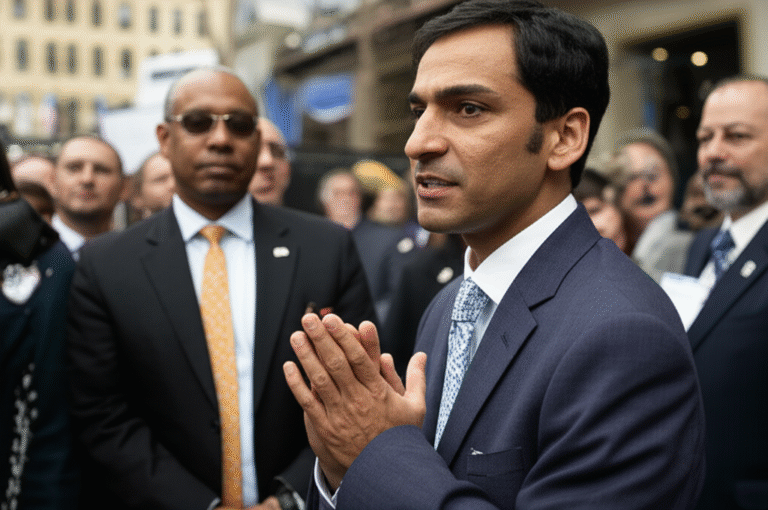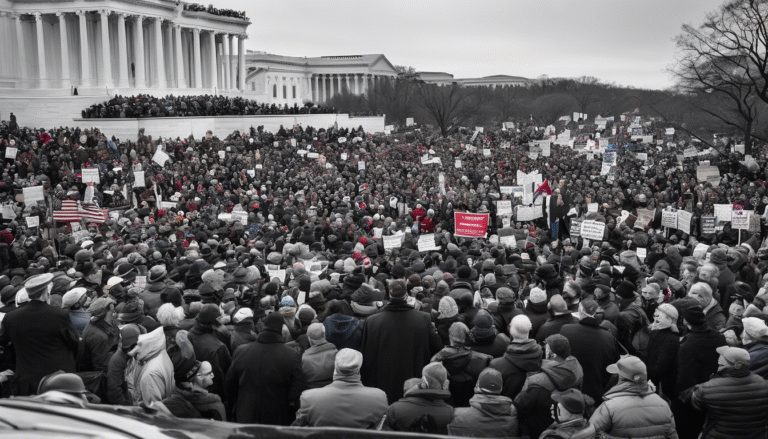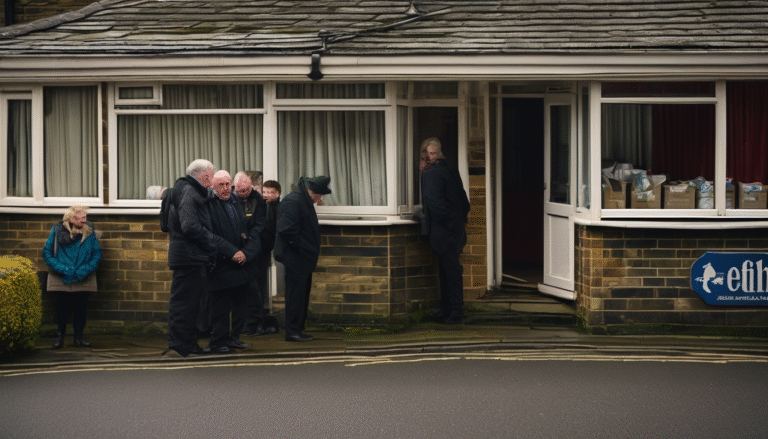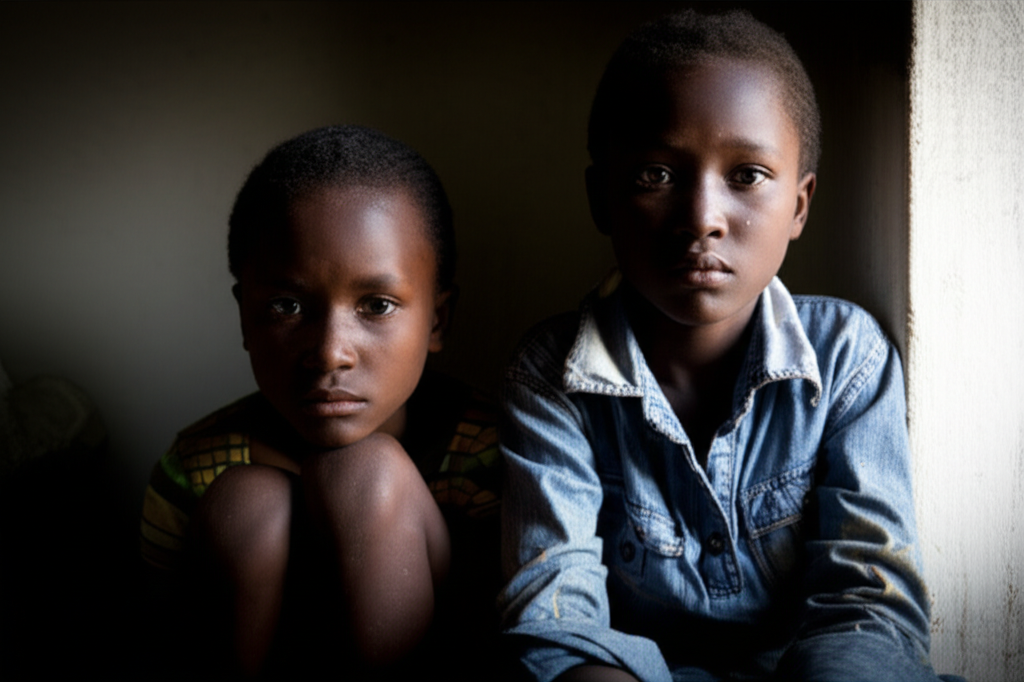
The Edo State Migration Agency recently reported the rescue of two female minors, aged 13 and 14, in Zaria, Kaduna State, who were lured from their Textile Mill Road residence in Benin City by a human trafficker to Libya. One of the rescued girls, a 13-year-old sickle cell patient and Junior Secondary School 2 student, was promised a \”maid job\” in Libya. This incident starkly highlights the severe impact of Nigerian economic hardship, driving vulnerable individuals towards dangerous migration and trafficking. A mother’s timely alarm prevented further tragedy, while the Agency also rescued another minor from Mali, whose condition was described as \”most pathetic\” with worms. These cases exemplify the growing crisis fueled by desperation and a search for perceived opportunities abroad. [Source]

These narratives of rescued minors point to a deeper, pervasive issue of human trafficking through the desert to countries like Libya and beyond. The vulnerability of individuals, especially minors, is exploited by traffickers, often referred to as ‘trolleys’. The extreme dangers involved are underscored by the specific concern for a sickle cell patient enduring such a harsh journey. Beyond individual tragedies, this phenomenon raises significant questions about the number of Nigerian children trafficked into exploitation, including sex slavery, in various global locations. The plight of the minor from Mali, returned to Nigeria in a \”sorry and gory\” state, further illustrates the horrific conditions and health risks faced by those caught in these networks. The increasing frequency of such rescues points to an urgent national challenge.
The Intensifying Crisis: Human Trafficking Amidst Nigerian Economic Hardship
The current exodus of Nigerians seeking opportunities abroad sharply contrasts with earlier periods. Up to the mid-1980s, Nigeria attracted British citizens as secondary school teachers, and in the early 1970s, it was economically preferable to the UK. Nigerians who studied overseas in the 1960s and 1970s often returned promptly upon completing their education, finding abundant job opportunities and a strong national currency, almost at parity with or even stronger than the UK Pound. Security was high, and social life vibrant, making Nigeria a desirable place. However, the profound Nigerian economic hardship has reversed this trend. Many now feel compelled to leave, with the outside, even with its dangers, appearing more appealing than home, reflecting a profound shift in national fortunes.
Challenges for Nigerians abroad are escalating. In London, United Kingdom, \”Far-right anti-immigration protesters\” demonstrated on Saturday, September 13, 2025, demanding immigrants return to their countries. One leader, Robison, identified as Stephen Yaxley-Lennon, reportedly stated:
\”Britain has finally awoken. We’ve been waiting decades. Patriotism is the future, borders are the future, and we want our free speech\”
Such sentiments directly impact Nigerian immigrants, many of whom are university graduates in specialized disciplines who left due to Nigeria’s difficult conditions. Similarly, the United States, as early as January this year, listed about 3,690 Nigerians for deportation under a \”crackdown\” on illegal immigrants. This global trend raises concerns about where Nigerians can find safety and avoid the humiliation of being labeled illegal immigrants and facing deportation.

Political Landscape and Suppressed Dissent
The current state of affairs is attributed to a succession of administrations, with the present and immediate past governments seemingly competing \”for the trophy in turpitude.\” The public outcry, described as \”shouting,\” is deemed \”not unfounded,\” rooted in \”untold hardship.\” This administration, under President Bola Ahmed Tinubu, is particularly criticized for its \”hallelujah boys\” who allegedly expect citizens to remain silent or even smile amidst suffering. This attitude, it is argued, is akin to \”self-immolation.\” The expectation that \”all Yoruba free born\” must support Tinubu, regardless of his past actions or policies, is cited as an example of ethnic loyalty overriding critical assessment. The administration’s proclivity for propaganda, often \”doctoring\” or \”watering down\” negative opinions through media gatekeepers, further suppresses dissent, even from within the media itself. This environment creates a \”conspiracy of silence\” that ultimately harms the nation.
Background: From Prosperity to Plutomania
Nigeria’s current economic struggles represent a stark departure from its past. Up to the mid-1980s, the nation experienced a period where job opportunities were plentiful, its currency was strong, and security was robust. This made Nigeria a preferred destination for its citizens to return to after studies abroad. However, this era of relative prosperity ended with what is metaphorically described as \”the locusts,\” leading to a complete reversal of fortunes. The decline is linked to leaders whose \”cruel plutomania\” has inflicted \”untold hardship on the masses.\” The initial promise of independence and subsequent development has been eroded by policies that prioritize the few at the expense of the many. The country’s transformation into an “uninhabitable” place has pushed its educated and skilled citizens to seek livelihoods in other countries, reversing the patriotic trend of returning home.
- Two female minors, aged 13 and 14, were rescued in Zaria, Kaduna State, en route to Libya after being lured by a trafficker.
- One of the rescued girls, a sickle cell patient, was promised a \”maid job\” in Libya.
- Another minor was rescued from Mali in a \”pathetic\” condition, exhibiting worms.
- London saw \”Far-right anti-immigration protesters\” on September 13, 2025, demanding immigrants return home.
- The United States listed approximately 3,690 Nigerians for deportation under an \”illegal immigrants\” crackdown.
Challenges of Contemporary Governance
The administration of President Bola Ahmed Tinubu came into power under the banner of \”hope and renewed hope.\” However, warnings against his policies were allegedly dismissed, particularly by voices from his \”Yoruba enclave.\” Upon assuming office, President Tinubu’s \”subsidy is gone\” declaration, an \”infamous\” and \”haphazard\” policy, led to immediate and severe economic repercussions. The removal of the oil subsidy, without corresponding measures to cushion its impact, caused an instant collapse of the economy, which has since failed to recover, exacerbating the pervasive Nigerian economic hardship. This has plunged Nigerians into \”abject poverty,\” with a surge in crimes and deepening insecurity, leading to a state described as \”nasty, brutish and short.\” Every problem inherited from the preceding administration, under General Muhammadu Buhari, has reportedly \”doubled or tripled,\” signaling a worsening national crisis. The government relies heavily on propaganda which often results in self-cont.
What’s Next: Addressing Systemic Failures
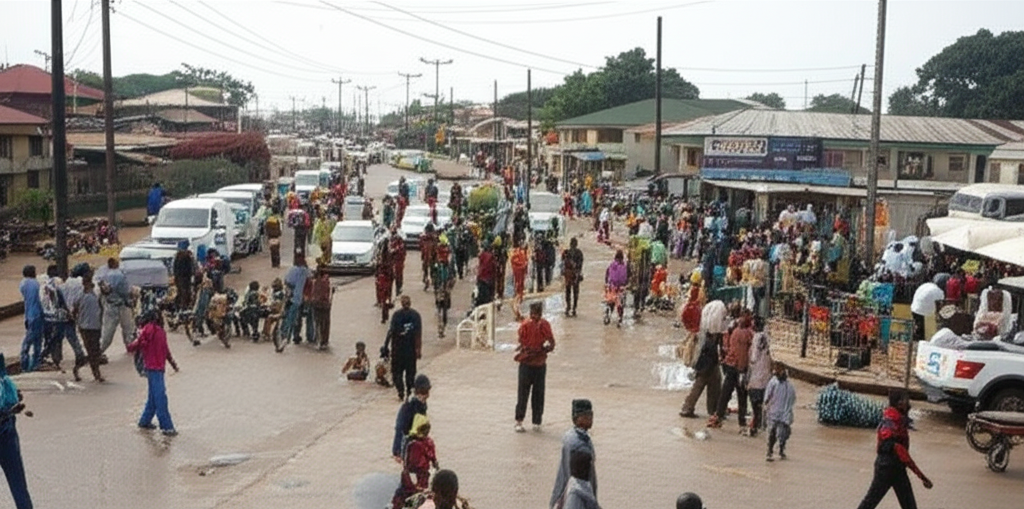
The current trajectory suggests a deepening of the multifaceted crises facing Nigeria. With an economy struggling to recover from drastic policy changes, coupled with rising insecurity and crime, the future appears uncertain for many citizens. The suppression of critical voices, through media gatekeepers and political pressure, indicates a resistance to accountability and a perpetuation of flawed policies. The historical pattern of leaders prioritizing personal gain over public welfare, along with the expectation of unquestioning loyalty, presents a systemic challenge to genuine reform. Unless there is a fundamental shift in governance towards \”good policies that are humane and masses-oriented,\” the cycle of Nigerian economic hardship, migration, and public suffering is likely to persist. The nation continues to grapple with the consequences of its leadership choices, with citizens left to bear the brunt of what is described as a \”dying horse\” scenario.




